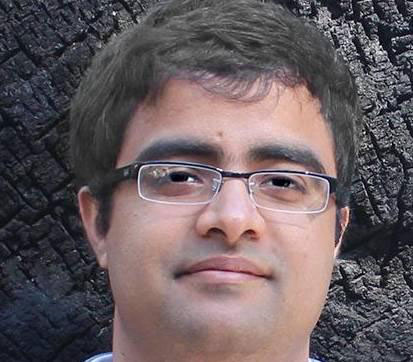Soon, internet browsing will be fast even on feature phones
BENGALURU, SEPTEMBER 12:
A 28-year-old Indian researcher has come up with a novel way to ensure the internet can be accessed in low- bandwidth areas and feature phones, using data compression algorithms.
Anand Theertha Suresh, a native of Bengaluru, and a son of a printing press executive has developed compression algorithms that can ensure that the internet can be accessed in the most non-accessible places. Take the case of anybody looking to search something on a feature phone.
In a normal case, the phone sends all the search information to a server, which tends to be far away, which returns the information back to the phone. “The bottleneck is the uplink which connects to the telecom network, resulting in long-wait times and an increase in costs,” Suresh told BusinessLine. In such a scenario, Suresh has determined that if the information can be stripped and compressed so that information packets can travel faster. Compression algorithms are used in applications such as WhatsApp. After getting his Bachelor’s degree in Engineering at IIT Madras in 2010, Suresh went to the US where he did his engineering Masters and PhD at University of California. After finishing, in 2016, he landed a job in Google Research. “Many Google applications such as a keyboard on a phone use these algorithms,” he says, adding the number to be a few million at present.
Language models
Further, his work has gone beyond text to voice, an area which is seeing huge interest from global tech giants. Known as “Language models” these are widely used in speech recognition, text classification, optical character recognition and the likes.
Alon Orlitsky, Professor of Electrical and Computer Engineering at UC San Diego Jacobs School of Engineering and Suresh’s PhD advisor, said that he applied his philosophy to several important tasks in probability estimation, compression, classification, and closeness testing. In all these problems, he derived insightful, and surprising results that often required broad vision, intuition, and mastery of diverse technical skills, he said.
Suresh will also get recognition from the Marconi Society in October.
Apart from “language models” there are other schools of thought where work has been going on for several years. For example, artificial neural networks are also a powerful technique that is widely used in various fields of computer science, propagated by institutions like Carnegie Mellon University.
This was the idea behind chess computers like IBM’s famous Deep Blue, which programmed every possible move in chess and possible outcomes.
